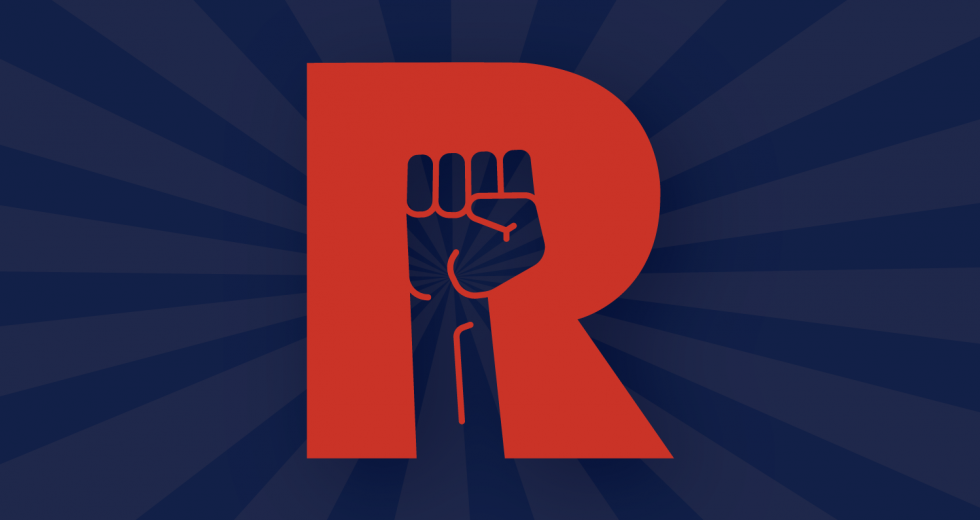\ ˌre-və-ˈlü-shə-ˌner-ē, adj.
In business, either a product or service that involves or causes a complete or dramatic change in a market or industry.
Tell us if you’ve heard this one before: You’ve fallen asleep with the television on, only to wake up to some obnoxious voice promoting a “revolutionary” product that will change your life for the low, low price of $19.99. The infomercial world is full of goods that will purportedly forever alter the way you mop, do your laundry, cook eggs, exercise and listen to music.
But are those products truly revolutionary? More importantly, can a product or service truly be revolutionary at all?
The Buzz
Andrew Hargadon, professor and director of the Child Institute for Innovation & Entrepreneurship at UC Davis, says the rise in use of “revolutionary” is partially a response to the overuse of the word “innovative”. He says innovative is losing its impact, and terms like revolutionary are now erroneously substituted to boost the profile of the idea being discussed. A quick glance at Google Trends shows ‘revolutionary’ climbing past ‘innovative’ in search queries in the last quarter of 2017.
Related: Buzzwords: Change Agent
But Hargadon says a single product is rarely truly revolutionary, because once examined in a historical context, its success is likely due to being an evolution of an existing concept, which happened to be in the right place at the right time.
He brings up Facebook and Google as examples, which are often mislabeled as revolutionary, noting that both companies had predecessors to lay the groundwork. Those that came before the Silicon Valley giants — like Myspace to Facebook and AltaVista to Google — often created the code, tested the early market and made a space for the idea to take hold. There were also external circumstances which allowed these products to succeed — such as the emergence of the internet, broadband and mobile phones which increased access to the web.
The Word
When it comes to understanding whether or not something can truly be labeled as revolutionary, Hargadon notes that one needs to examine whether something is part of an evolutionary process, or a revolutionary process. He brings up the emergence of mobile phones as a good instance of revolution, while the innovation of new types of mobile phones (such as iPhones) represent evolution.
“When something happens, does it dramatically change the structure of the market, the players, the rules of the game?” he says. “When we talk evolutionary versus revolutionary we’re really talking about impact.”
–
Got a word that’s been buzzing around your office? Tweet us @Comstocksmag with the hashtag #WhatstheBuzz



